Nine in 10 Afghan families are skipping meals or taking on debt due to the strain of millions of new returnees, according to a recent report by the United Nations Development Programme (UNDP). The report, released on Wednesday, highlights the dire situation in poverty-stricken areas of eastern and northern Afghanistan, where 4.5 million people have returned since 2023, with 1.5 million forced back this year from Pakistan and Iran.
The report notes that the return of these individuals has put a significant strain on local resources, exacerbating the existing humanitarian crisis in Afghanistan. The country has been battered by aid cuts, sanctions, and repeated natural disasters, including a deadly earthquake in August that killed at least 20 people. The situation has been further complicated by the Taliban's control of the country, which has led to a decline in international aid and support.
According to the UNDP report, nine in 10 families in Afghanistan are struggling to access basic necessities, with many forced to skip meals or take on debt to make ends meet. The report's findings are based on data collected from 2,400 households across the country, and provide a stark reminder of the humanitarian crisis unfolding in Afghanistan.
"The situation is dire, and it's only getting worse," said a UNDP spokesperson, who wished to remain anonymous. "The return of these individuals has put a huge strain on local resources, and it's clear that the situation is unsustainable in the long term."
The report's findings have been echoed by other aid organizations, who have warned of the devastating impact of the crisis on vulnerable populations. "We're seeing families who are struggling to access basic necessities, including food and water," said a spokesperson for the International Rescue Committee (IRC). "It's a desperate situation, and we're doing everything we can to support those affected."
The situation in Afghanistan has been exacerbated by the country's economic crisis, which has been worsened by the Taliban's control and the decline in international aid. The country's economy has been in free fall since the Taliban took power in 2021, with the currency plummeting in value and inflation soaring.
The UNDP report has highlighted the need for urgent action to address the humanitarian crisis in Afghanistan. The organization is calling for increased international support and aid to help alleviate the suffering of those affected. "We need to act quickly to address this crisis, and provide support to those who need it most," said the UNDP spokesperson.
As the situation in Afghanistan continues to deteriorate, the international community is under pressure to provide support and aid to those affected. The UNDP report has highlighted the need for urgent action, and it remains to be seen whether the international community will respond to the crisis in a timely and effective manner.
In related news, the Taliban has announced plans to resume talks with Pakistan and other regional countries, in an effort to address the border clashes and tensions that have been escalating in recent months. The talks are seen as a crucial step towards resolving the crisis, and providing a more stable and secure environment for those affected.
The situation in Afghanistan remains fluid, and it is unclear what the next developments will be. However, one thing is clear: the humanitarian crisis unfolding in the country requires urgent attention and action from the international community.




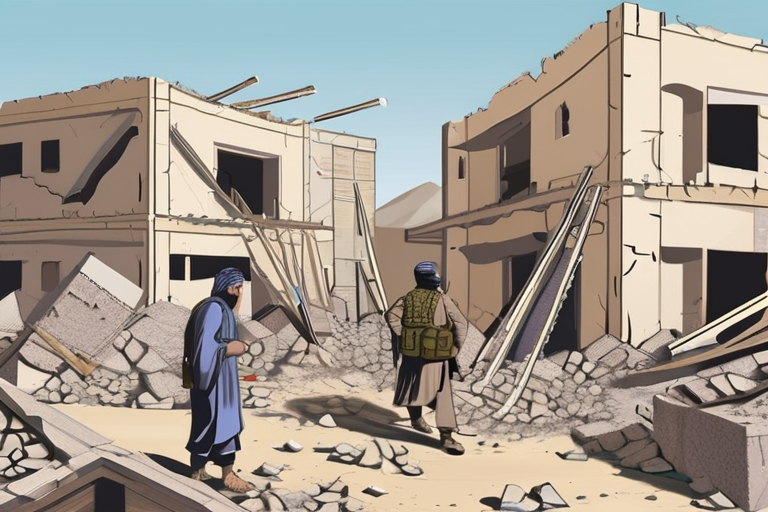







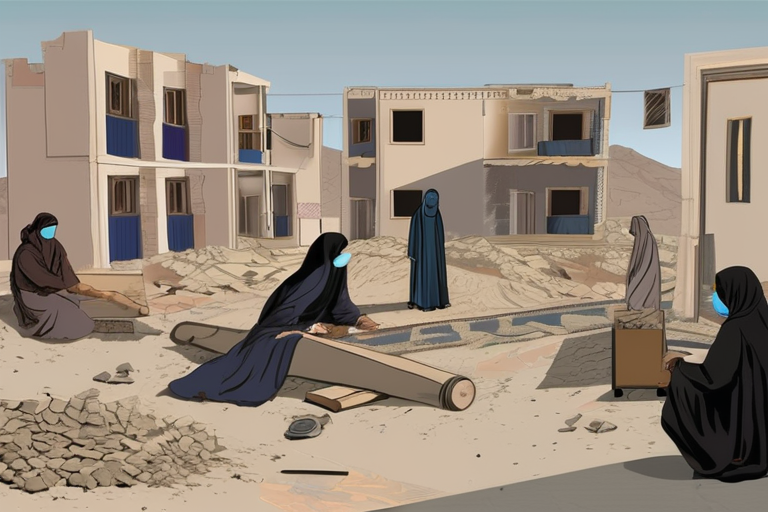

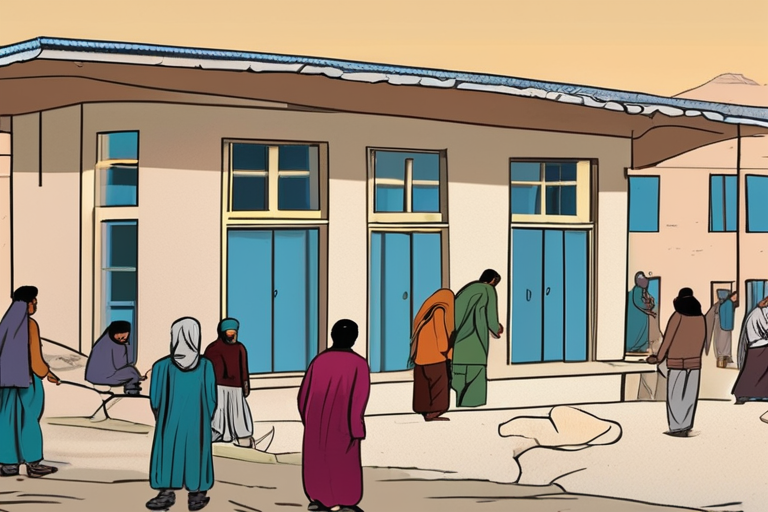
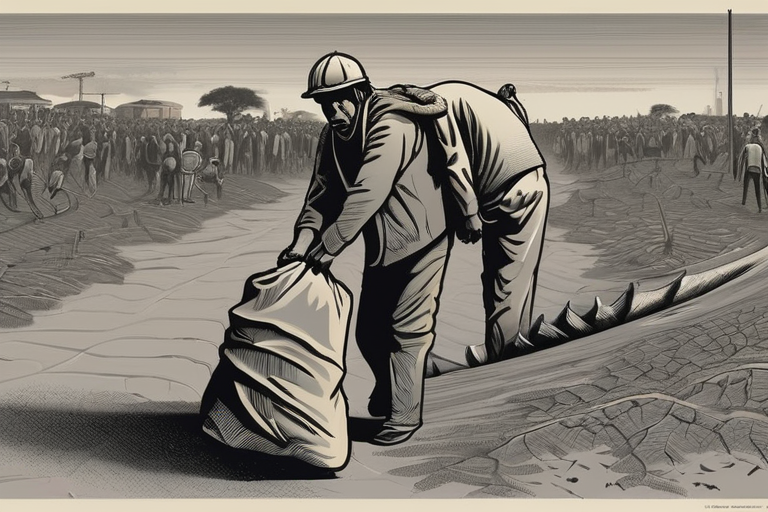
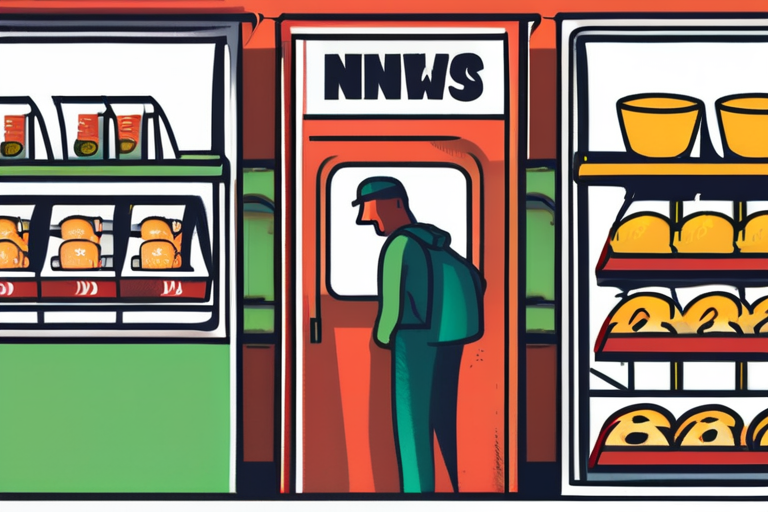
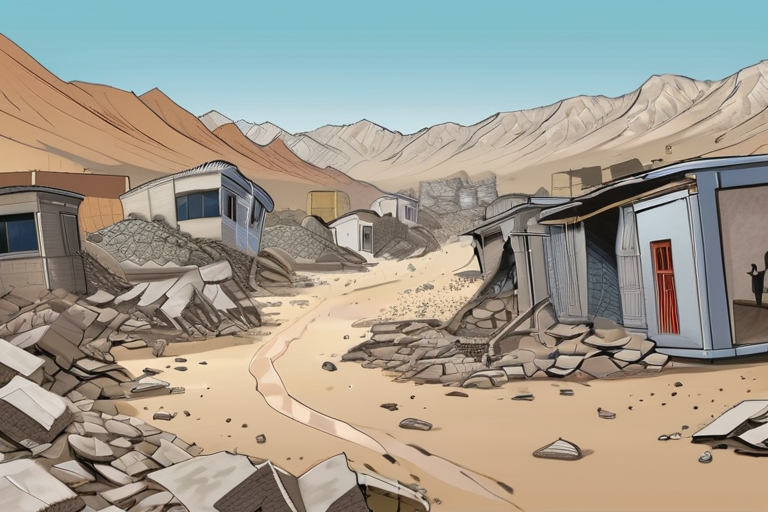
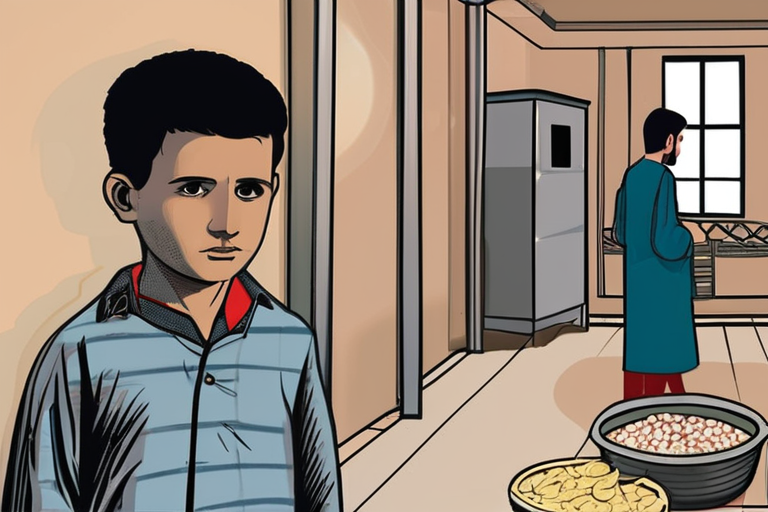
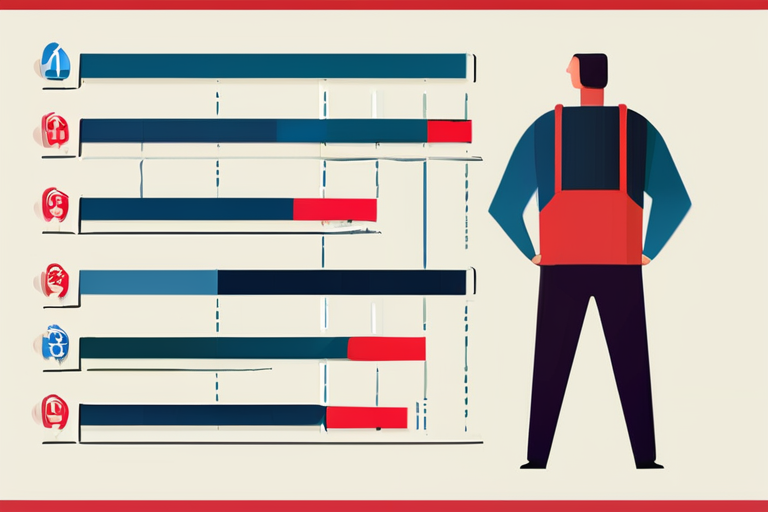


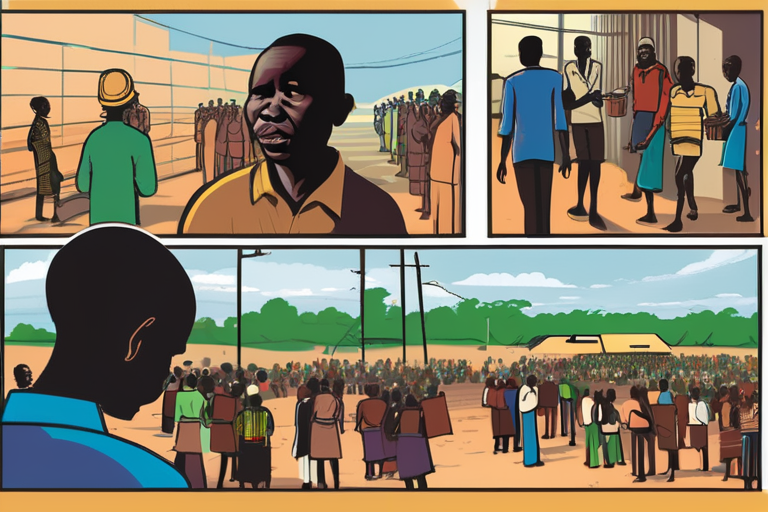



Share & Engage Share
Share this article